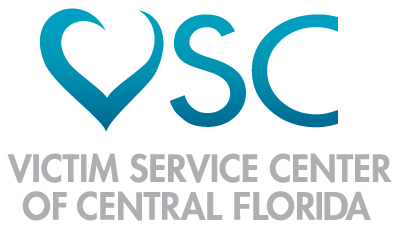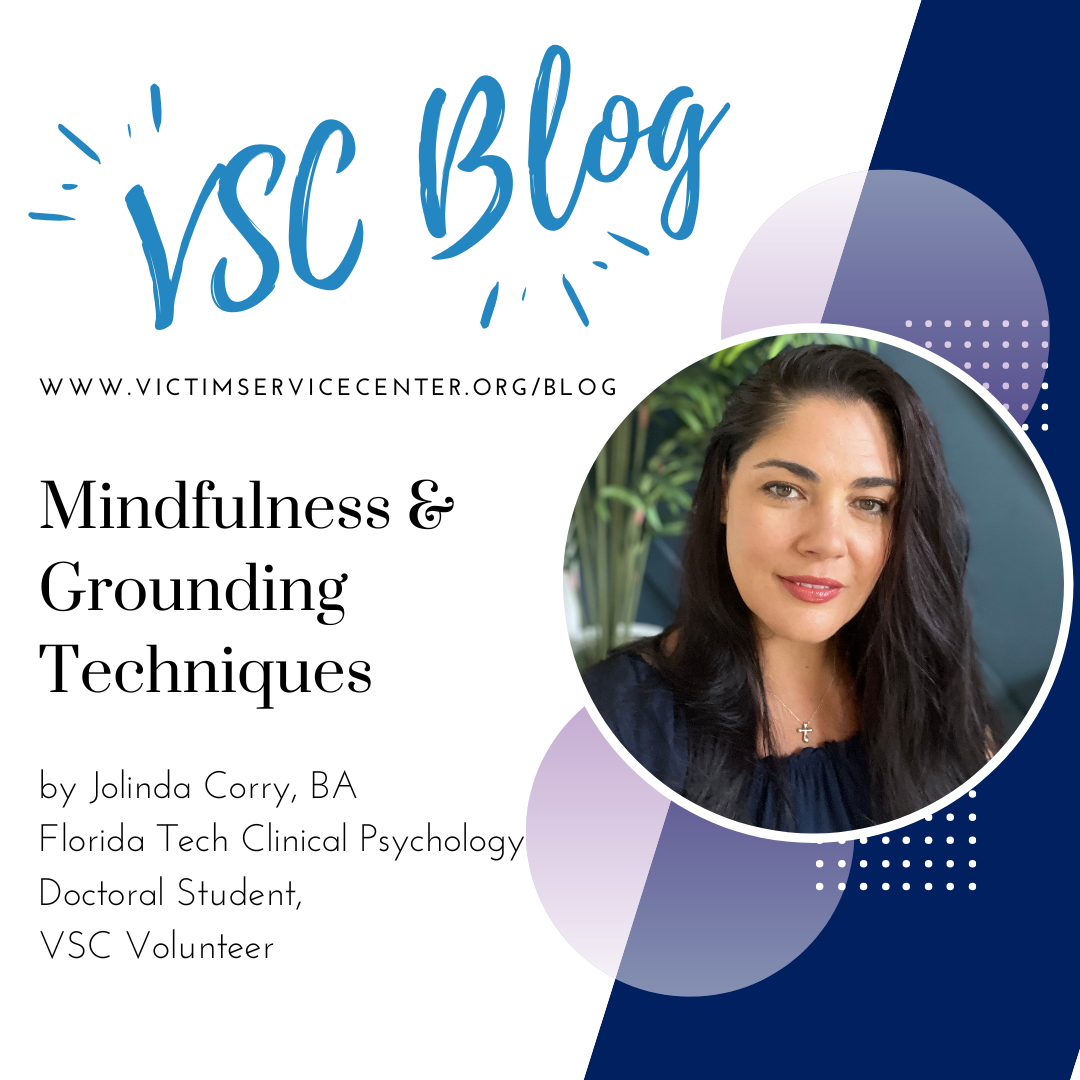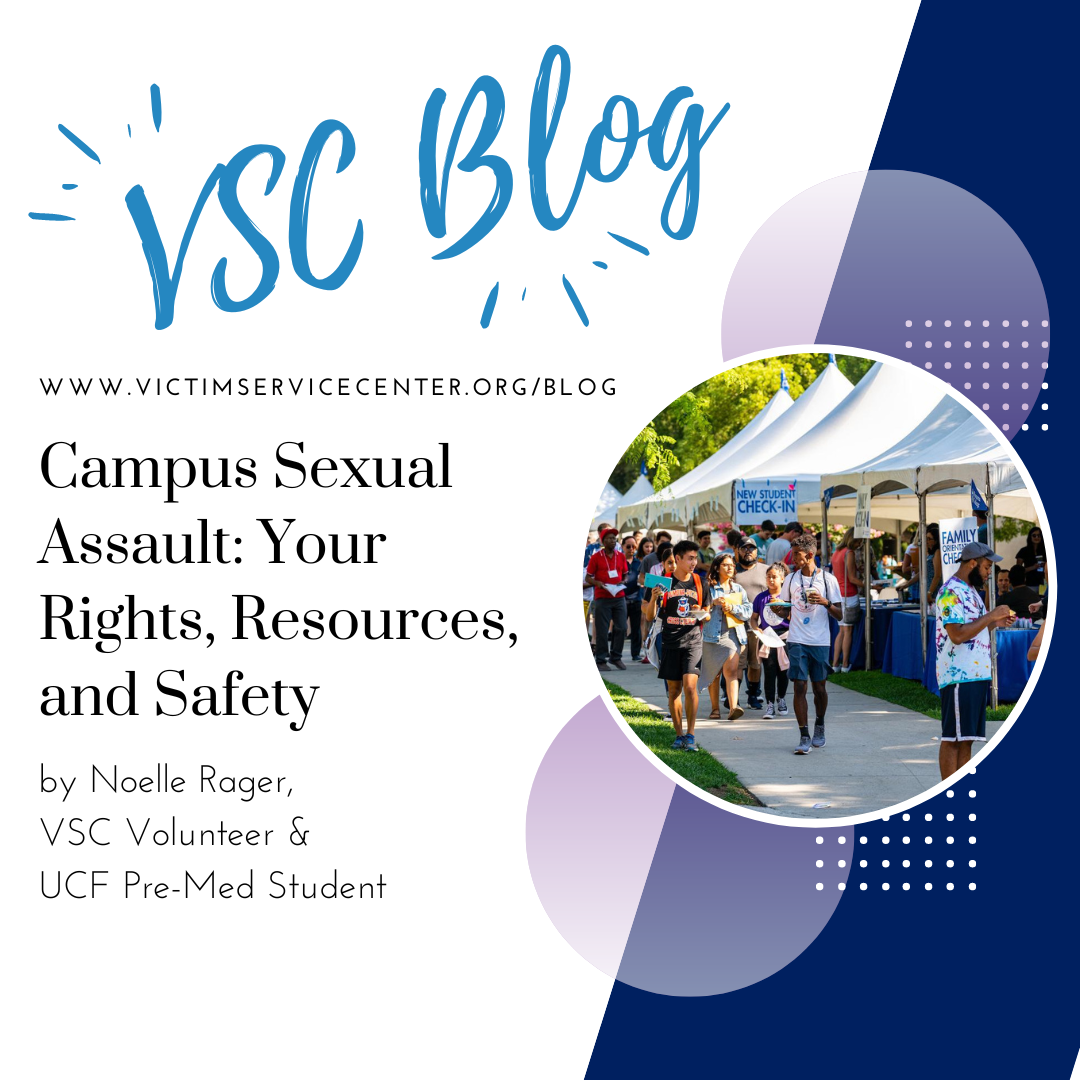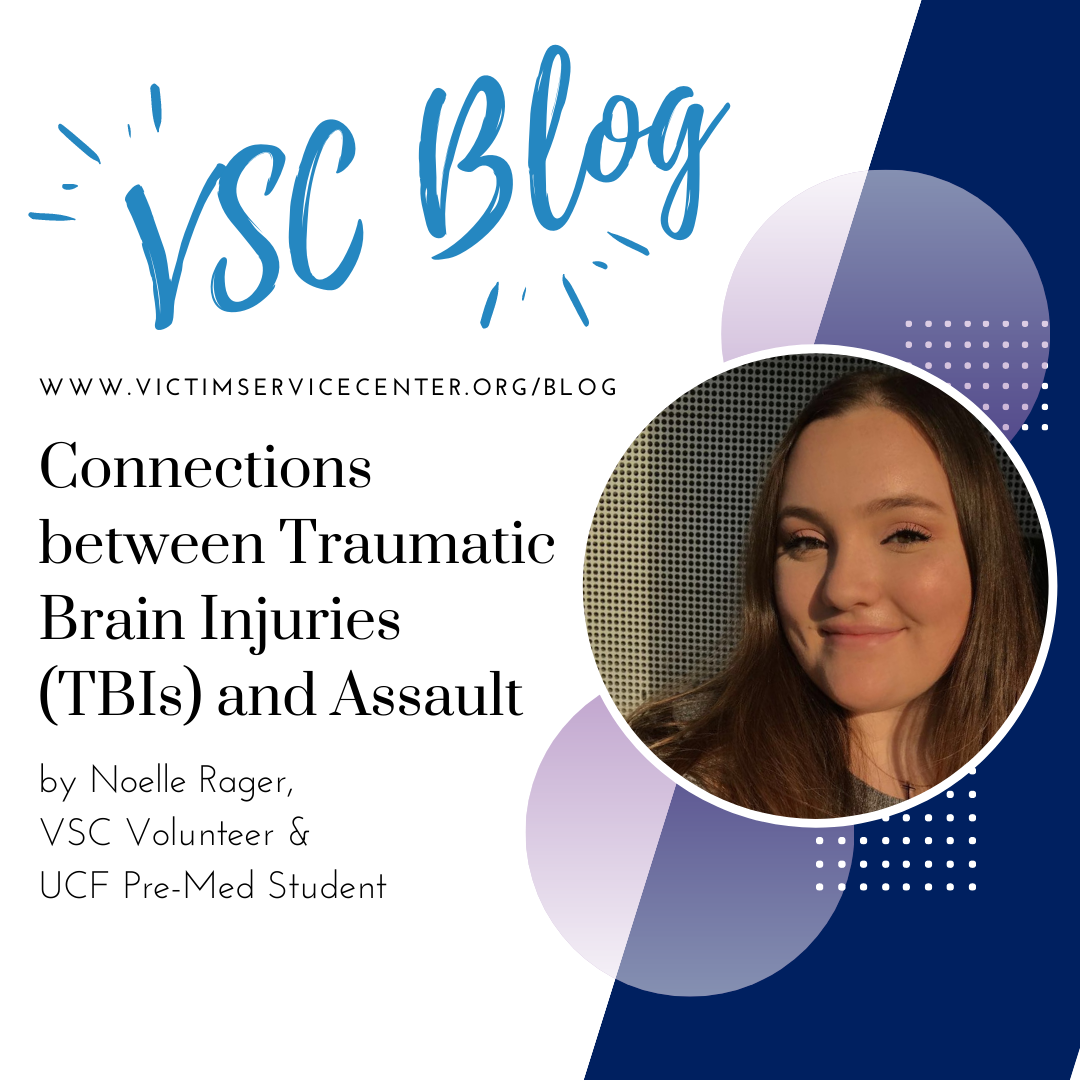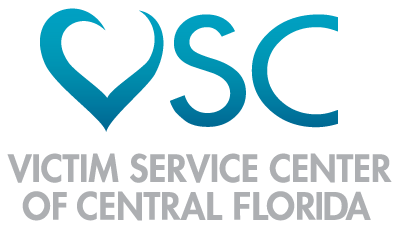
By: Evan Smith, Communications Coordinator at the Central Florida Commission on Homelessness
The person standing on the corner, sign in hand, is hoping for a few dollars. They have no home and little hope. Their life has come to a point where pride is discarded and survival takes the lead. One day to the next, the prospect of returning to stability gets more remote. How did they get here? Unfortunately, in many cases, the answer is sexual violence. The harsh reality is that a strong correlation exists between sexual violence and homelessness.
Homelessness, like so many social issues, exists in a world not colored with black and white, but filled with grey. Surely, some of those living on our streets did make decisions that removed them from a previous life of safety and security. But, what lays beneath the surface of any inspection of the reasons for homelessness, is a case study in cause and effect. From mental illness to a past of sexual abuse, a person’s social mobility can be sabotaged outside of their own control.
Follow the road of housing instability and you will find yourself at many dark intersections. The connection between sexual assault and homelessness is a gut-wrenching example. It is a driving force that rips apart a life without consideration for affect. What is so troubling is that sexual violence doesn’t just lead someone to homelessness. Often times it follows them as they go. Many people living on our streets find themselves faced with a horrifying prospect of being indefensible to the crime of sexual assault. By either perceived friend or unknown foe, they can become a victim. Without the support needed to find a safe home, they may continue to be a victim of their past.
Solutions must be found. More access to affordable housing, increased funding for trauma–informed homeless services, and collaborations between service providers, such as the local Certified Rape Crisis Center, are areas of needed improvement. These collaborations are critical to ensure the homeless receive the lifesaving services they need to heal and move forward with their lives. Without them, the cycle of victimization will see no end.
